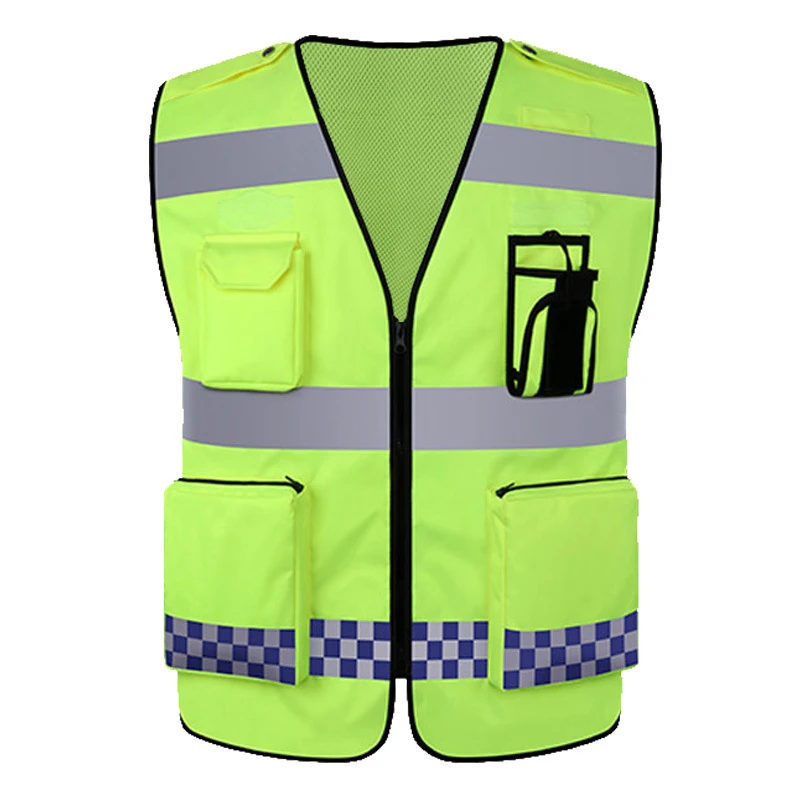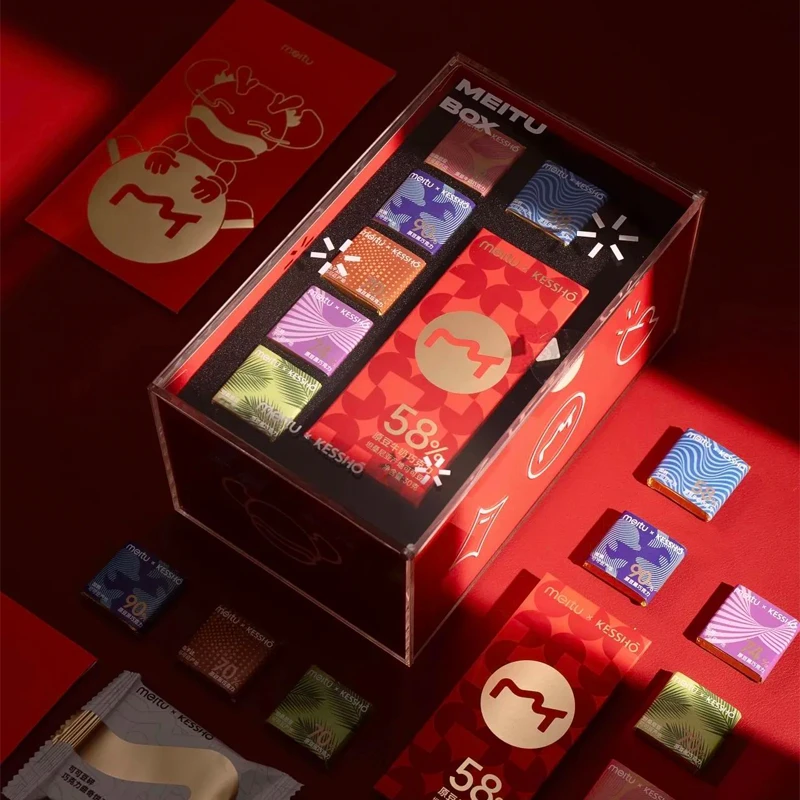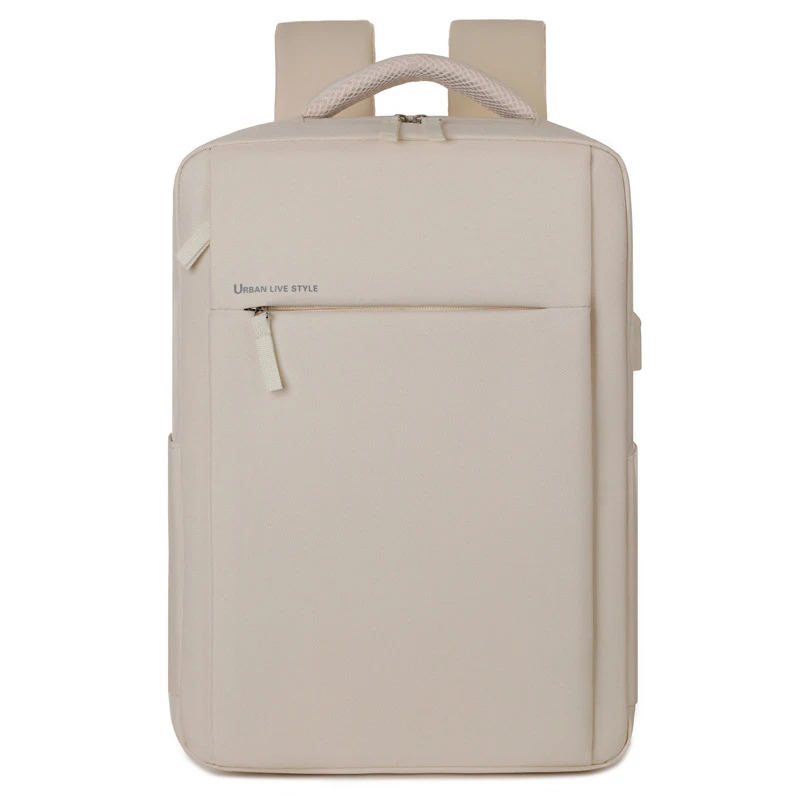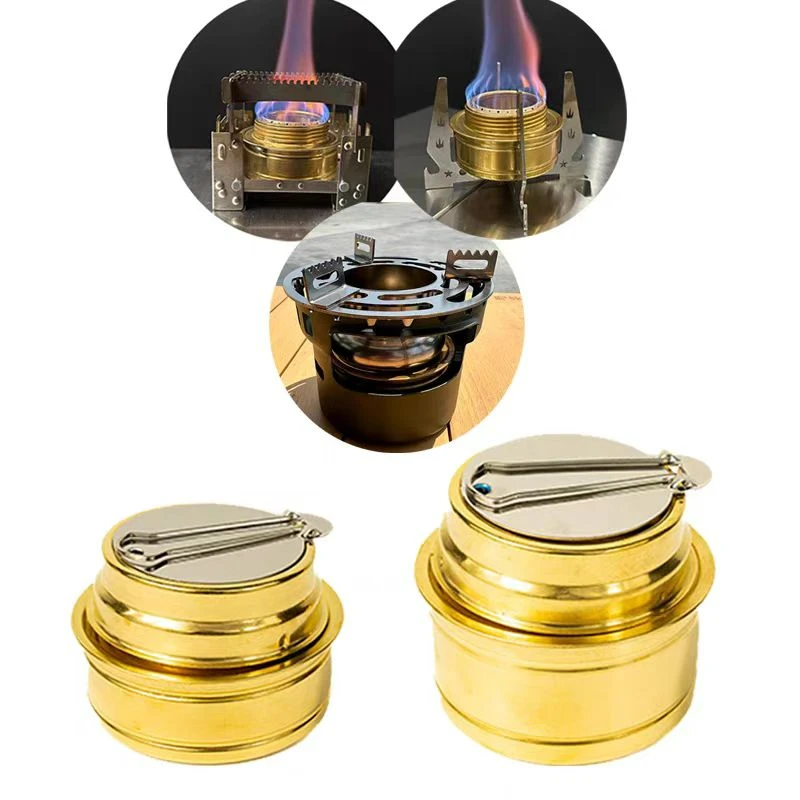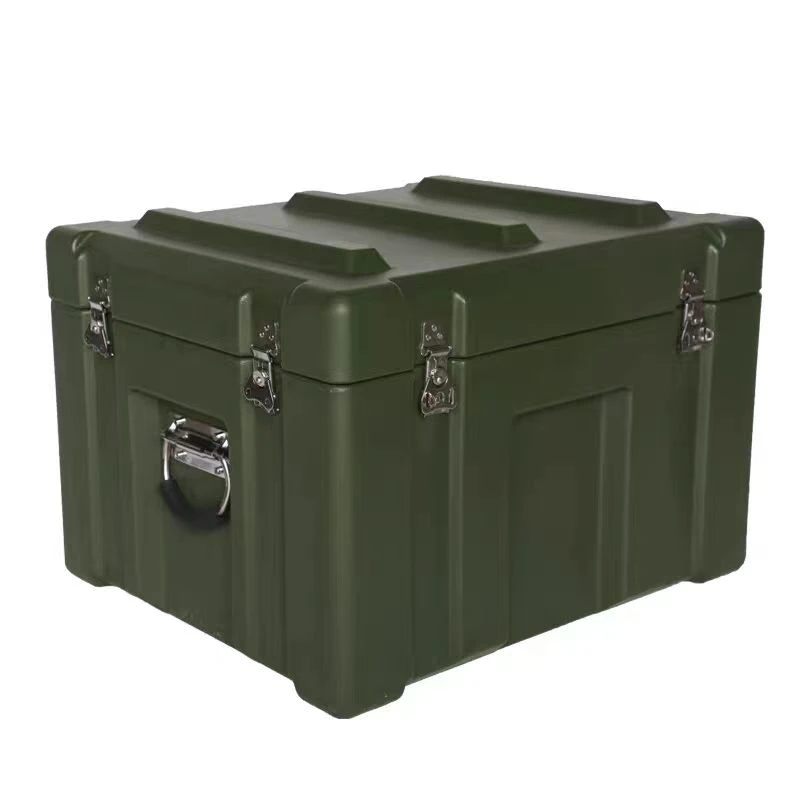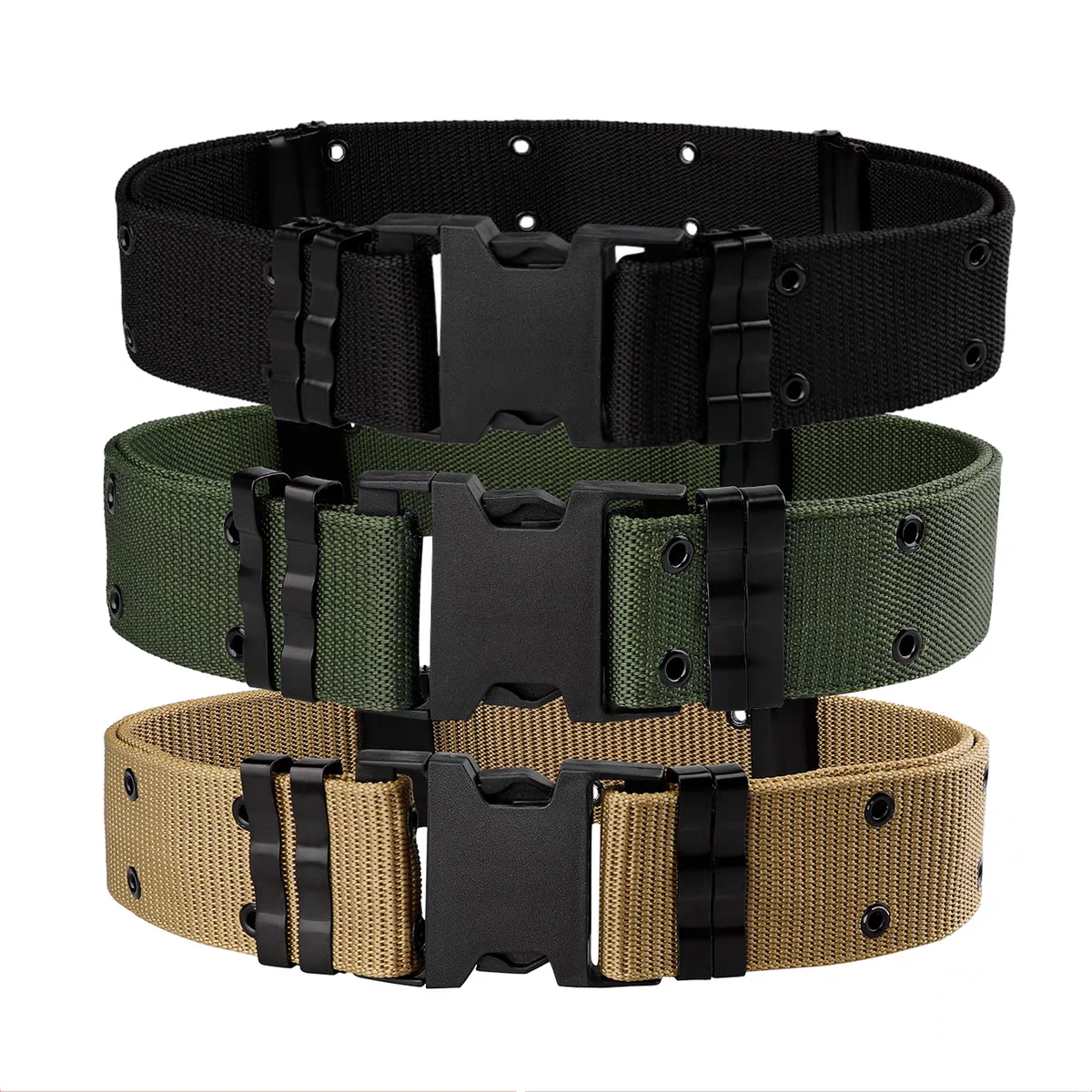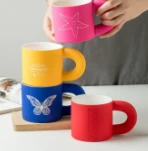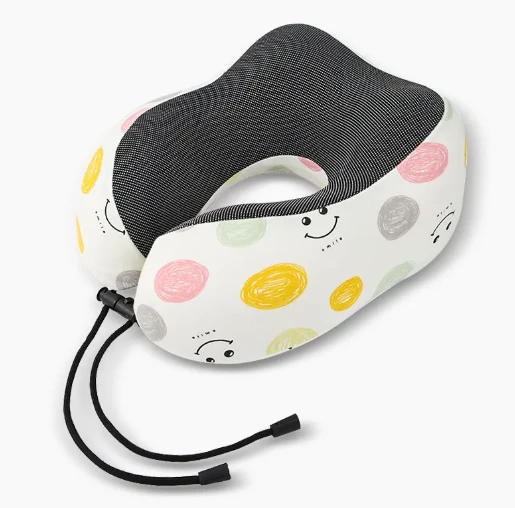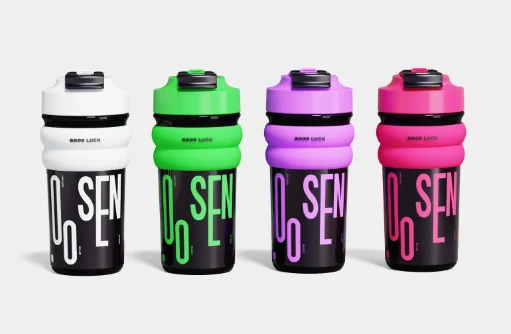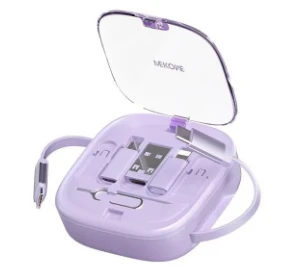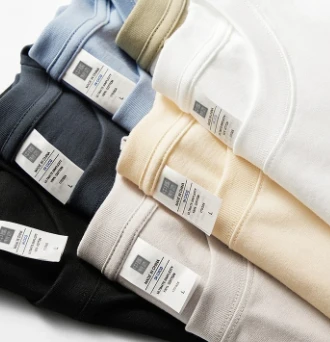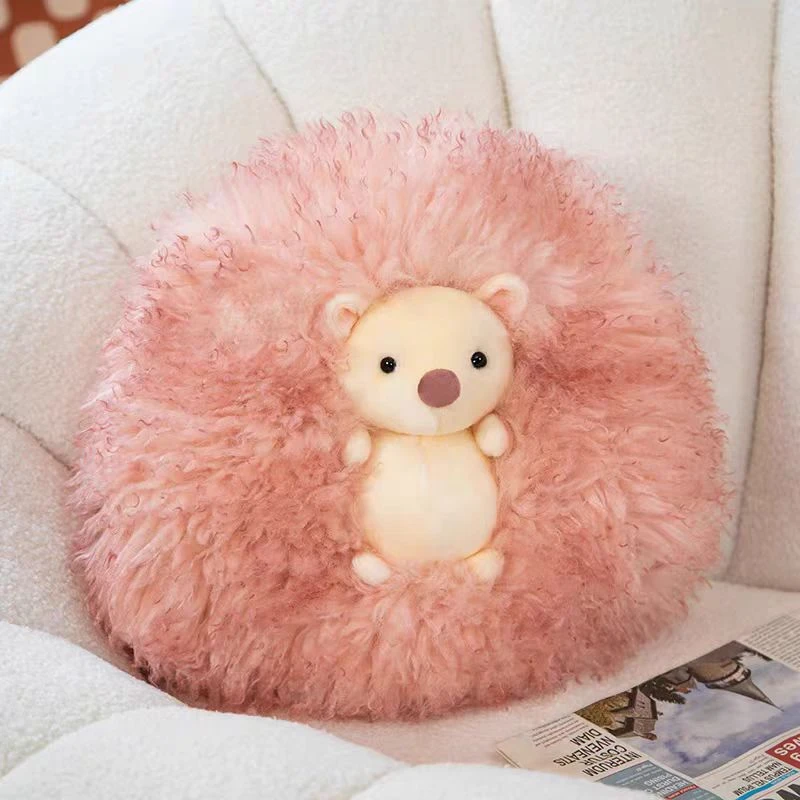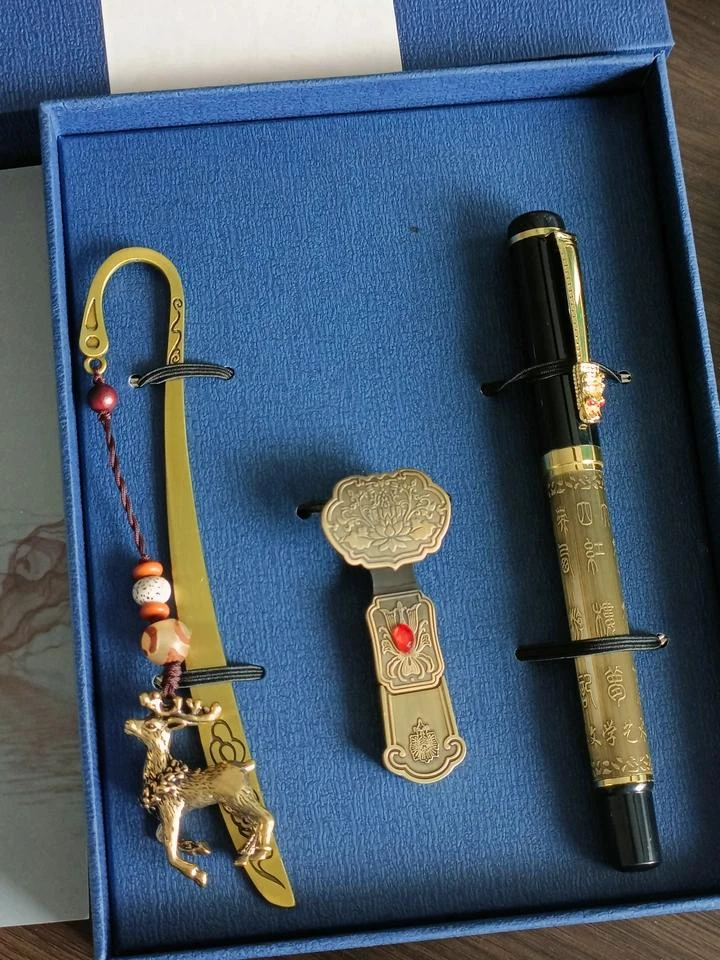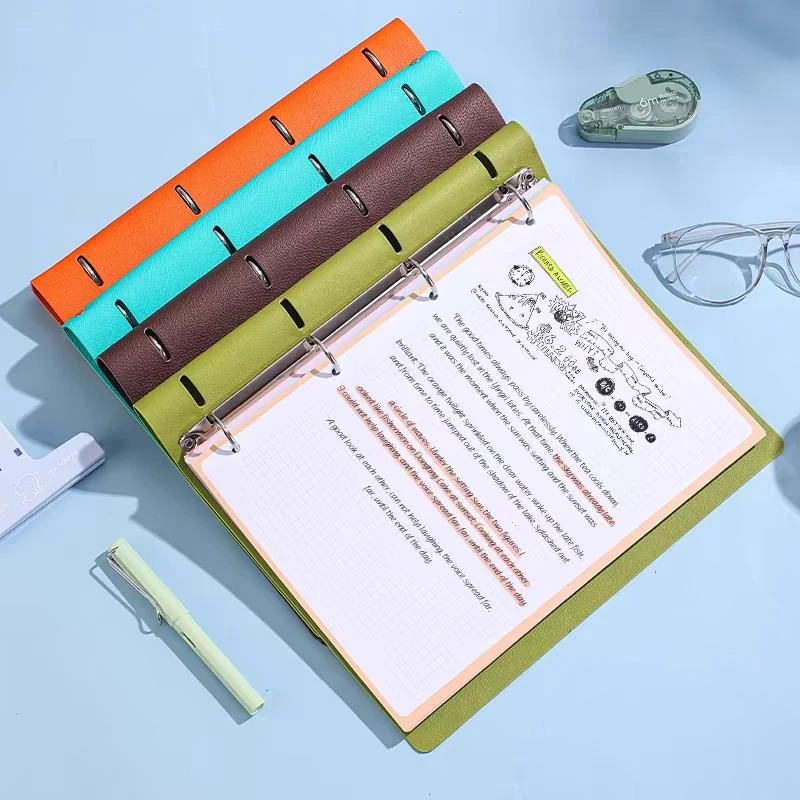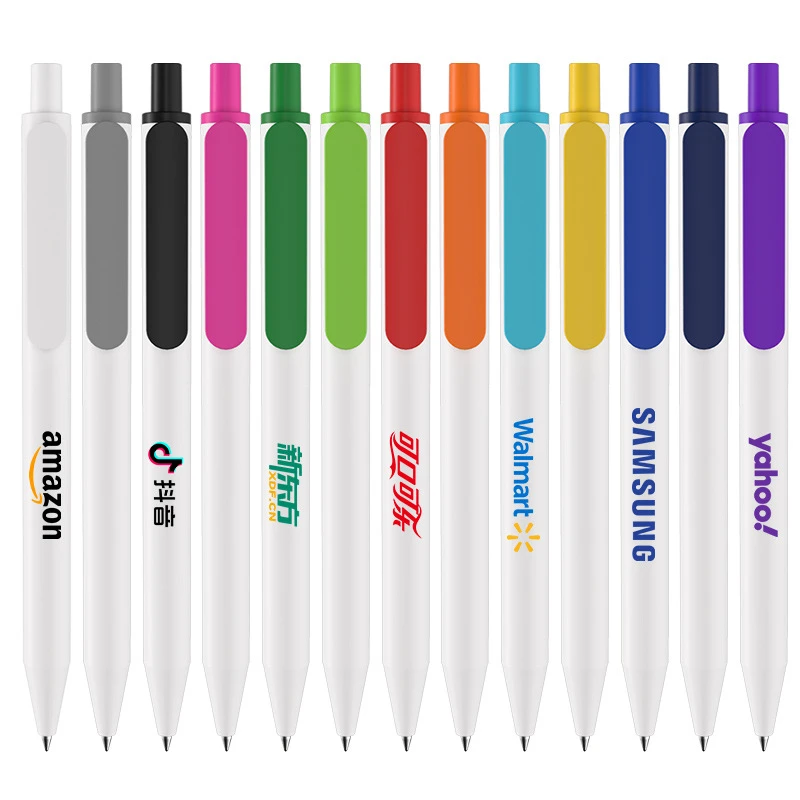Biodegradable Eco-Friendly Jute Bags | Sustainable & Reusable
The Imperative Shift to Sustainable Packaging Solutions
In an era defined by increasing environmental consciousness and stringent regulatory frameworks, industries worldwide are actively seeking sustainable alternatives to traditional packaging materials. The detrimental impact of single-use plastics on ecosystems and human health necessitates a paradigm shift towards eco-friendly solutions. This imperative extends beyond mere compliance, encompassing corporate social responsibility and a genuine commitment to ecological preservation. Among the most promising and widely adopted solutions are Biodegradable Eco-friendly Jute Bags, which offer a compelling blend of environmental responsibility, durability, and versatility. These bags provide a robust, reusable, and ultimately biodegradable option that aligns perfectly with circular economy principles, significantly reducing waste and carbon footprints across various sectors.
Jute, often referred to as the "golden fiber," is a natural, cellulosic fiber known for its inherent strength, low extensibility, and significant breathability. Its cultivation requires minimal fertilizers and pesticides, and it reaches maturity quickly, making it an exceptionally sustainable crop. The lifecycle of a Biodegradable Eco-friendly Jute Bags demonstrates a remarkable commitment to sustainability, from its agricultural origins to its final decomposition. Unlike synthetic materials that persist in the environment for centuries, jute bags naturally break down without leaving harmful microplastics or residues, contributing to soil health rather than polluting it. This intrinsic biodegradability positions jute bags as a frontrunner in the global movement towards truly sustainable packaging and promotional goods.
The Manufacturing Process: Crafting Eco-Conscious Jute Solutions
The production of Biodegradable Eco-friendly Jute Bags is a meticulous process that begins with the cultivation and harvesting of the jute plant, primarily in regions with warm, humid climates. Once harvested, the stalks undergo retting, a process where they are submerged in water to soften the tissues and separate the fibers. This natural decomposition step is crucial for yielding clean, spinnable fibers. Following retting, the fibers are stripped, washed, and dried, preparing them for the subsequent mechanical processing. Expertise in fiber preparation directly impacts the final quality and strength of the jute yarn.
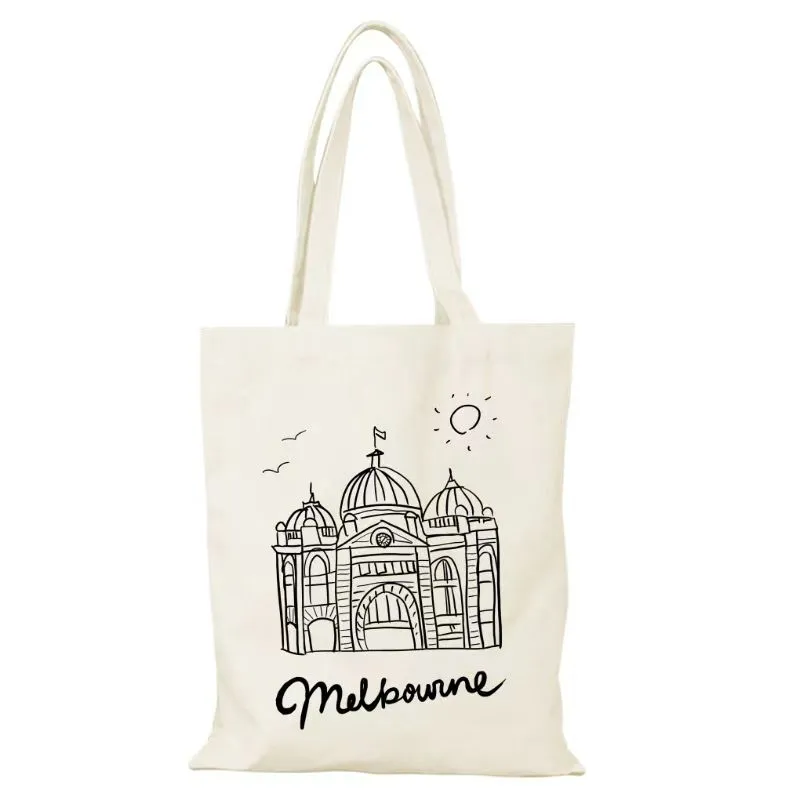
After fiber extraction, the jute is spun into strong, durable yarn. This yarn is then woven on looms to create the fabric, which can vary in density and weave pattern depending on the desired application. Common weaves include plain, twill, and hessian. Once the fabric is woven, it undergoes finishing processes such as calendering or chemical treatments (if necessary, for specific properties like water resistance, though typically avoided for maximum biodegradability) to achieve the desired texture, appearance, and durability. Critical quality control points are implemented throughout this stage, ensuring the fabric meets international standards for tensile strength and tear resistance. Our manufacturing partners adhere to ISO 9001 for quality management and often pursue ISO 14001 certification, emphasizing environmental responsibility in their operations. The typical service life of a well-maintained jute bag can extend for several years, offering prolonged utility before its eventual biodegradable return to nature.

The final stage involves cutting and stitching the fabric into various bag designs, including totes, shopping bags, promotional bags, and packaging sacks. Reinforced handles, specialized closures, and custom printing are integrated at this point to meet specific client requirements. Each batch undergoes rigorous quality assurance inspections, including tests for seam strength, print durability, and overall structural integrity. Compliance with industry standards like those from the Textile Institute ensures that each Biodegradable Eco-friendly Jute Bags unit delivered is of the highest quality and ready for demanding B2B applications, ranging from retail packaging to agricultural storage. These bags offer an optimal balance of strength and breathability, making them suitable for transporting goods, including produce that benefits from air circulation.
Technical Specifications and Performance Metrics of Jute Bags
The performance of Biodegradable Eco-friendly Jute Bags is underpinned by specific technical parameters that ensure their suitability for diverse commercial applications. Jute fiber's inherent properties, such as high tensile strength and moderate elongation, make it an excellent material for reusable bags capable of carrying substantial weight. Understanding these specifications is crucial for B2B decision-makers assessing their packaging and promotional needs. Our jute bags are designed to meet rigorous standards, ensuring reliability and longevity, making them a cost-effective choice over their lifespan compared to single-use alternatives.
Typical Product Specifications for Biodegradable Eco-friendly Jute Bags
| Parameter | Typical Value Range | Benefit/Application |
|---|---|---|
| Material Composition | 100% Natural Jute Fiber | Fully biodegradable, renewable resource. |
| Fabric Weight (GSM) | 140 GSM - 300 GSM | Durability and strength for various load capacities. |
| Tensile Strength | ≥ 200N (Warp), ≥ 150N (Weft) | Resistance to pulling forces, ensures bag integrity. |
| Tear Resistance | ≥ 50N (Warp), ≥ 40N (Weft) | Prevents rips and damage from sharp objects. |
| Weight Capacity | 5 kg - 25 kg (depending on size/design) | Suitable for retail, groceries, bulk items. |
| Biodegradability Period | Approx. 1-2 years (in active composting conditions) | Breaks down naturally, returning nutrients to soil. |
| Typical Lifespan (Reusable) | 1-5 years (with proper care and use) | High reusability, reducing disposable bag consumption. |
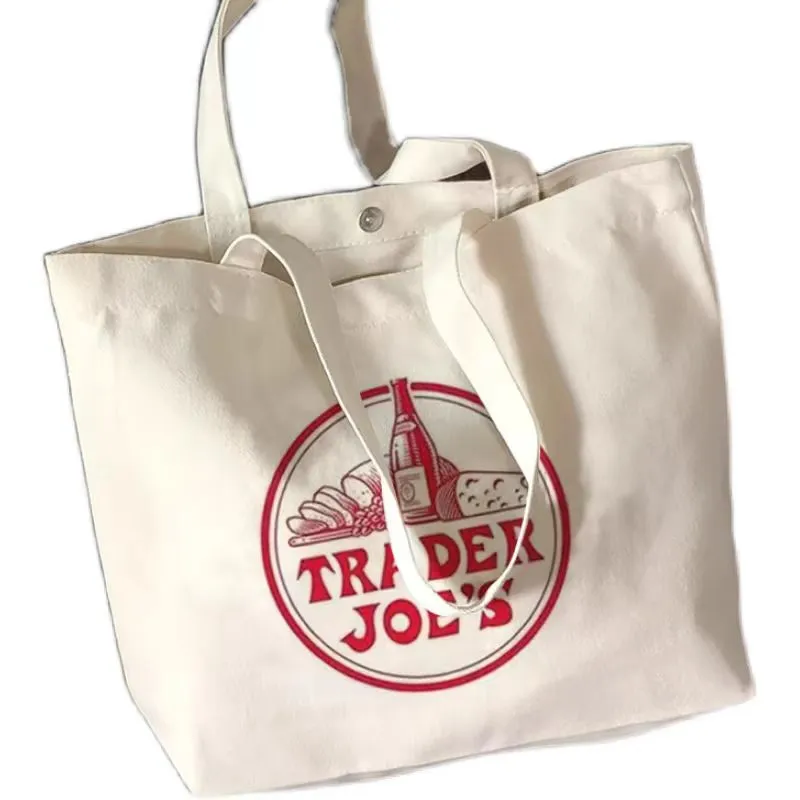
Compared to conventional materials like plastic, Biodegradable Eco-friendly Jute Bags offer superior environmental benefits, significantly reducing the carbon footprint associated with manufacturing and disposal. While cotton bags are also natural, jute often requires less water and land for cultivation, providing a more sustainable agricultural footprint. Polypropylene (PP) non-woven bags, though reusable, are still petroleum-based and do not biodegrade. Jute's breathability is also a critical technical advantage for applications where ventilation is needed, such as packaging agricultural produce, which prevents spoilage and extends shelf life without relying on chemical preservatives. This natural characteristic enhances the bag's utility beyond simple carrying, adding significant value in specific logistics and retail environments.
Diverse Application Scenarios and Strategic Advantages
The versatility and inherent sustainability of Biodegradable Eco-friendly Jute Bags make them an invaluable asset across a spectrum of B2B industries. Their application extends far beyond simple retail use, encompassing strategic roles in brand building, corporate social responsibility initiatives, and operational efficiency. Industries are increasingly recognizing that these bags are not merely a packaging solution but a statement of commitment to environmental stewardship. Their robust construction ensures they can withstand repeated use, promoting a cycle of reuse that actively diminishes the demand for single-use alternatives. This reusability translates into long-term marketing exposure for brands, as the bags become mobile advertisements carried by consumers.

In the retail and supermarket sector, jute bags serve as an eco-conscious alternative to plastic shopping bags, enhancing customer perception and fulfilling mandates for sustainable packaging. For promotional campaigns and corporate events, branded jute bags act as durable, visible, and environmentally friendly giveaways, significantly extending brand exposure compared to fleeting paper or plastic items. Within agricultural and food packaging, the natural breathability of jute bags is critical for preserving freshness and preventing spoilage of produce, grains, and coffee beans during transport and storage. Their ability to manage moisture naturally reduces the need for expensive climate control in certain storage conditions.
Furthermore, the fashion and apparel industry is adopting Biodegradable Eco-friendly Jute Bags for garment packaging and boutique branding, aligning with the growing consumer demand for sustainable fashion. Similarly, the hospitality sector utilizes them for laundry bags, amenity kits, and welcome bags, reinforcing their commitment to green practices. A practical example includes a large supermarket chain that reported a 15% increase in positive customer feedback regarding their sustainability efforts within six months of fully transitioning to jute and other eco-friendly bags. This demonstrates how a simple change in packaging can yield significant reputational and financial benefits. This widespread adaptability makes jute bags a strategically sound investment for businesses aiming to enhance their environmental profile and appeal to a discerning, eco-conscious market.
Customization and End-to-End Solutions for B2B Clients
Recognizing the diverse needs of B2B clients, we offer extensive customization options for our Biodegradable Eco-friendly Jute Bags, ensuring that each solution perfectly aligns with specific brand identities, operational requirements, and marketing objectives. Our expertise lies in transforming your vision into a tangible, high-quality product that speaks volumes about your commitment to sustainability. From conceptual design to final delivery, our team works closely with clients to navigate the myriad of choices available, guaranteeing a tailored outcome that exceeds expectations. We understand that in the B2B landscape, a 'one-size-fits-all' approach is rarely effective, thus our focus on personalized service.
Customization options include a wide range of sizes, shapes, and handle types (e.g., woven jute, cotton webbing, padded). Branding elements such as screen printing, digital printing, and embroidery can be applied to showcase company logos, slogans, or intricate designs. We also offer various color options, both in the natural jute hue and dyed variations using eco-friendly, AZO-free dyes. Specialized features like internal pockets, closures (zippers, buttons), or unique paneling can be integrated to enhance functionality. Our design consultation process involves detailed mock-ups and material samples to ensure complete client satisfaction before large-scale production commences. This iterative approach minimizes risks and ensures the final product aligns perfectly with the client's marketing and operational goals, reflecting their brand ethos with precision.
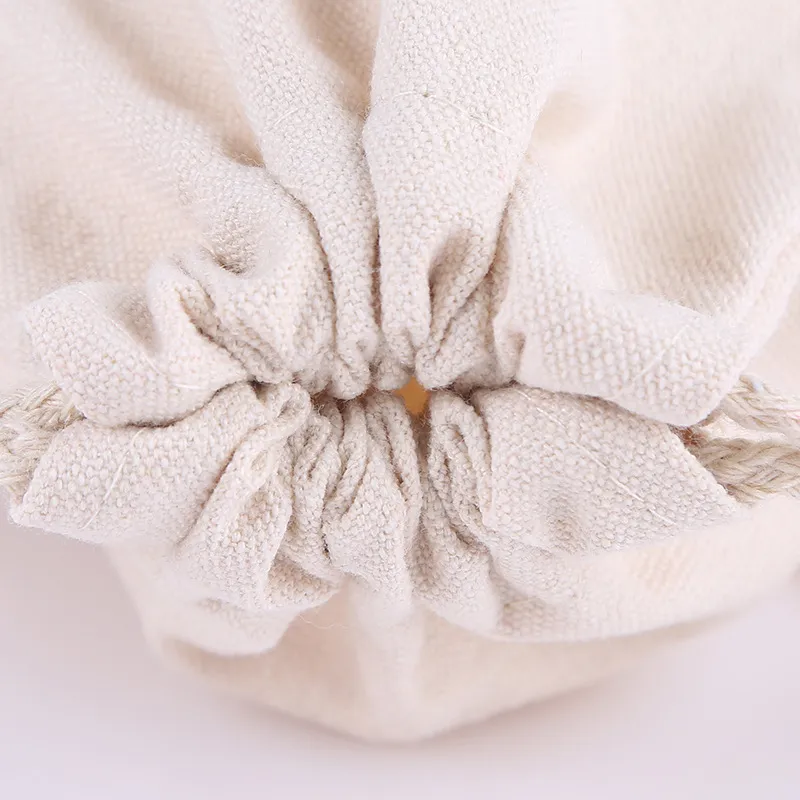
Our commitment to delivering reliable solutions extends to transparent project management, including clear delivery schedules and robust logistics support. Depending on order volume and customization complexity, typical lead times range from 4 to 8 weeks, with expedited options available for urgent requirements. We provide comprehensive quality assurance throughout the production cycle, backed by our internal and third-party certifications (e.g., ISO 9001). Our warranty commitment covers manufacturing defects for a period of one year post-delivery, ensuring peace of mind for our partners. Dedicated customer support is available to assist with any queries, ensuring a seamless experience from inquiry to post-delivery feedback. We believe in building long-term partnerships grounded in trust and mutual success, making us a dependable supplier for all your Biodegradable Eco-friendly Jute Bags needs.
Frequently Asked Questions (FAQ) about Biodegradable Eco-friendly Jute Bags
Q1: How long does a jute bag take to biodegrade?
Jute bags are 100% biodegradable and compostable. Under optimal composting conditions (e.g., in an industrial composting facility or a well-managed home compost pile), a jute bag can fully biodegrade within 1 to 2 years, returning nutrients to the soil. In typical landfill conditions, degradation may take longer, but still significantly less time than synthetic alternatives like plastic, which can take hundreds of years. This rapid degradation minimizes long-term environmental impact.
Q2: Are jute bags truly strong enough for heavy-duty use?
Absolutely. Jute fiber is known for its high tensile strength. Depending on the fabric density (GSM) and construction, Biodegradable Eco-friendly Jute Bags can comfortably carry weights ranging from 5 kg to 25 kg, making them suitable for groceries, retail goods, and even some agricultural products. Reinforced handles and double stitching further enhance their durability, ensuring a long lifespan of reuse. Our bags are designed to withstand the rigors of commercial and consumer use, offering robust performance.
Q3: Can jute bags be customized with my company logo and branding?
Yes, extensive customization is a core offering. We provide various branding options, including screen printing, digital printing, and embroidery, to accurately reproduce your company logo, graphics, and messaging. You can also choose from a wide array of bag sizes, shapes, handle types, and fabric colors to perfectly match your brand identity and specific marketing campaign needs. Our design team works closely with you to ensure precise execution.
Q4: What is the typical lead time for a bulk order of jute bags?
Standard lead times for bulk orders typically range from 4 to 8 weeks from the finalization of design and order confirmation, depending on the volume and complexity of customization. We also offer expedited production and delivery options for urgent requirements. Our logistical team provides clear timelines and keeps you informed throughout the production and shipping process, ensuring timely delivery to meet your project deadlines.
Conclusion: Partnering for a Sustainable Future
The adoption of Biodegradable Eco-friendly Jute Bags represents a strategic business decision that offers multifaceted benefits, extending from environmental stewardship to enhanced brand perception and long-term cost efficiencies. As a leading provider of sustainable packaging solutions, we are committed to empowering businesses with products that meet the highest standards of quality, performance, and ecological responsibility. Our expertise in the manufacturing process, coupled with rigorous quality control and flexible customization options, ensures that our jute bags are not just products, but powerful tools for sustainable growth and corporate integrity.
Choosing jute bags is a clear statement of your organization's dedication to a greener planet, resonating with an increasingly eco-conscious consumer base and aligning with global sustainability goals. We invite B2B decision-makers and technical procurement specialists to explore how our tailored solutions can integrate seamlessly into your operations, contributing to both your bottom line and your environmental footprint. Partner with us to make a tangible difference, one durable, biodegradable bag at a time, paving the way for a more sustainable and responsible business ecosystem.
References
- International Jute Study Group (IJSG) publications on jute fiber properties and applications.
- United Nations Environment Programme (UNEP) reports on sustainable packaging materials and their lifecycle assessments.
- ISO 9001:2015 Quality Management Systems – Requirements.
- ISO 14001:2015 Environmental Management Systems – Requirements with guidance for use.
- Reports from the World Economic Forum on circular economy principles and material innovation.








